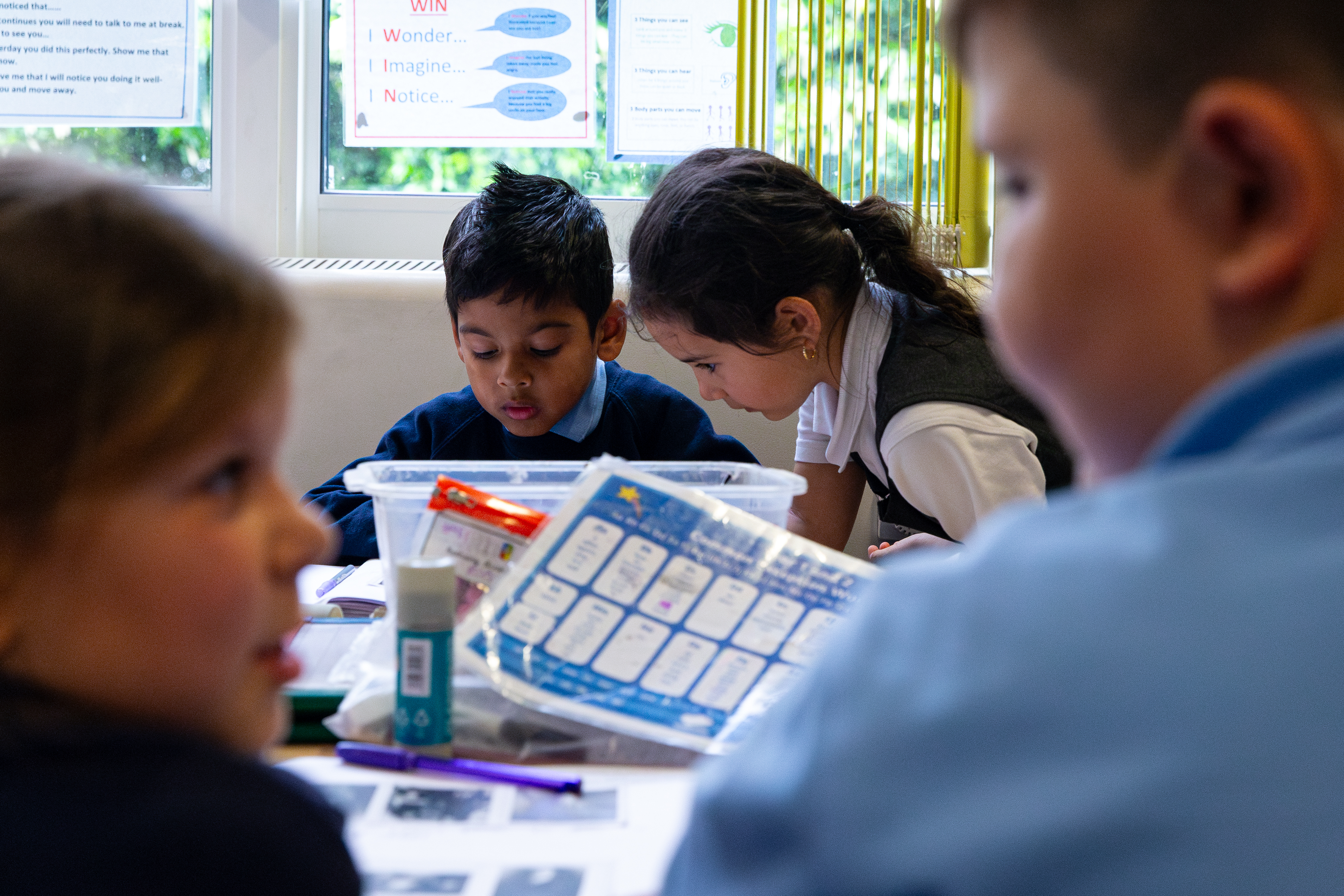Blog entry by Astrid Dinneen
Anyone in the world
This academic year, several Hampshire schools collaborated with the EMTAS Teacher Team and Prof. Naomi Flynn from the University of Reading to develop the Talk-Rich Teaching Toolkit. This initiative aims to enhance the use of talk-based approaches to improve the engagement of multilingual learners. It is made accessible to staff in primary schools through the toolkit, which comprises self-serve professional learning materials.
The toolkit is grounded in key principles that promote a sense of belonging, encourage talk-rich approaches, support enquiry-led and collaborative learning, and are designed for delivery in small group settings. It also aligns closely with the EMTAS EAL and Traveller Excellence Awards.
As part of the development process, Prof. Flynn conducted interviews with practitioners across Hampshire to understand what features they would value in online professional development materials. These insights directly informed the toolkit’s design. Participating schools then piloted the materials and provided feedback to refine the final product.
The Toolkit was accessed by pilot schools via the EMTAS Moodle and we plan to open it up to other Hampshire schools in the Autumn term 2025. It comprises four main sections:
1) The Toolkit Explained
Outlines the core principles, explores the benefits of oracy and the importance of fostering a sense of school belonging for all learners.
2) Getting Started with the Toolkit
Offers tailored guidance for school leaders, teachers, EAL and GRT leads and teaching assistants.
3) Learning and Teaching with the Toolkit
Presents practical oracy strategies to support learners at various stages of English language acquisition.
4) Further Teaching Resources
Provides additional materials to support implementation.
At the end of the project, schools reported that:
- Multilingual learners grew in confidence to take part in small group conversations using new vocabulary
- Multilingual learners were better able to articulate the questions they needed to ask when they did not understand things
- Teachers found that, in saying less, and working with groups, they became better active listeners
- Teachers appreciated understanding the ‘why’ of implementing oracy, and ‘permission’ to design talk-based activities rather than worrying about written ‘evidence’
- Headteachers appreciated the ways in which Toolkit content could be adapted to local need and matched to school priorities.
If you are interested in knowing more about the detail of this project you can read Prof. Flynn’s longer project report which will be sent to schools in September. Prof. Flynn will also discuss the benefits of an oracy-focused, language-rich curriculum for children for whom English is an Additional Language at the EMTAS conference on October 22nd. You can book your space here.
Watch this space for news of the county-wide rollout!
[ Modified: Wednesday, 25 June 2025, 2:38 PM ]

